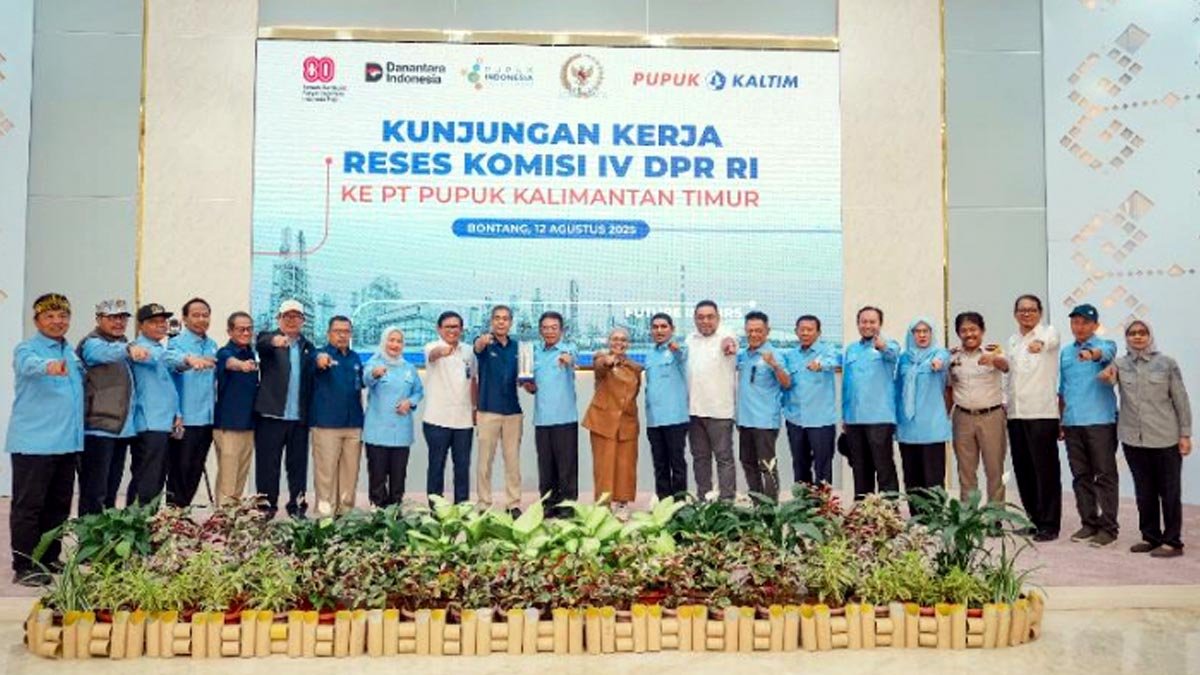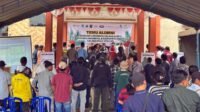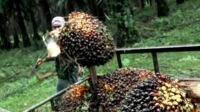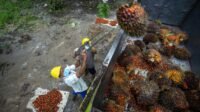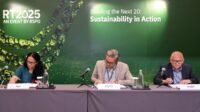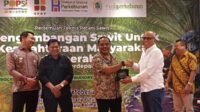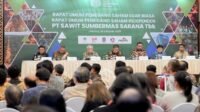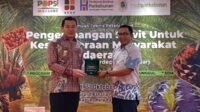PALMOILMAGAZINE, JAKARTA – The Ministry of Agriculture (MoA) and the House of Representatives’ Commission IV are stepping up oversight of subsidized fertilizer distribution to ensure delivery remains smooth, efficient, and sustainable.
According to Andi Nur Alam Syah, Director General of Agricultural Infrastructure and Facilities at the MoA, the distribution system has been implemented in line with the Presidential Regulation and is being refined through close coordination with PT Pupuk Indonesia Holding Company (PIHC).
“We ensure that fertilizer distribution is timely, in the right quantity, and reaches the right recipients. The role of local governments—through their agricultural offices and field extension workers—is vital in safeguarding the process,” said Andi, quoted by Palmoilmagazine.com from the ministry’s official website.
He noted that if certain areas show low uptake of allocated fertilizer, the government can reallocate supplies across districts, regencies, or even provinces to meet demand elsewhere.
“We cannot allow food security to be compromised,” he stressed.
Commission IV Deputy Chair Panggah Susanto emphasized that the current policy makes the distribution system simpler and more targeted.
“In the past it was complicated. Now, God willing, it’s as smooth as it can be,” Panggah said during a visit to PT Pupuk Kalimantan Timur’s plant in Bontang on Tuesday (12/8/2025), accompanied by members of Commission IV, MoA officials, PT Pupuk Kaltim, and other stakeholders.
Panggah explained that under the reformed system, the MoA and PIHC are the two central bodies responsible for the distribution of subsidized fertilizer. Commission IV, he added, is committed to ensuring the policy effectively supports agriculture, plantations, and fisheries.
Minister of Agriculture Andi Amran Sulaiman underscored that this reform in fertilizer distribution governance is a strategic step to ensure subsidies reach eligible farmers.
“We want farmers to have no trouble accessing fertilizer. The new system is simpler, closely monitored, and is expected to boost productivity while safeguarding national food security,” Amran concluded. (P3)

